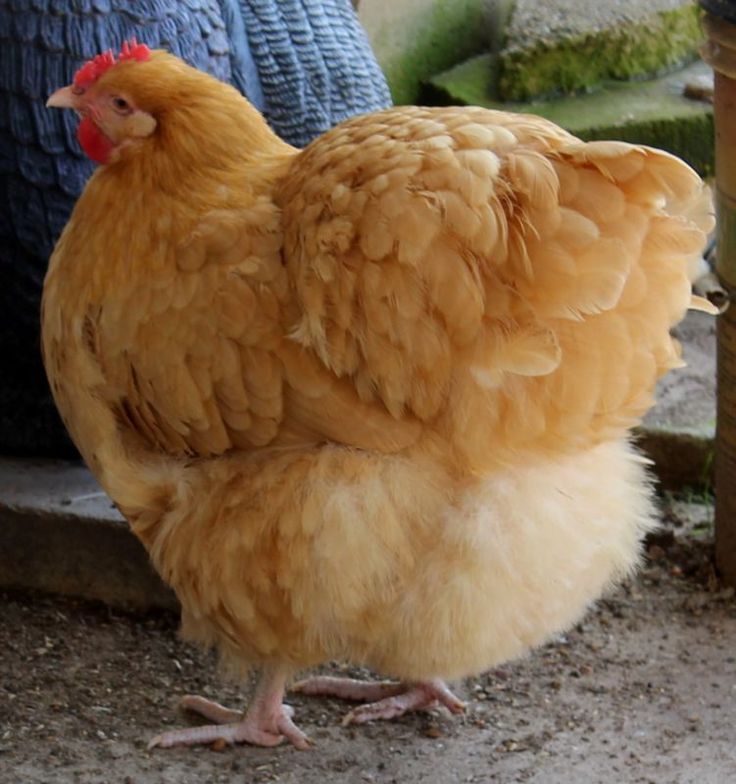By John Wilson
We in Africa are fighting for Agro-ecology as the modern way of farming for Africa in the 21st century. One of the main arguments against Agro-ecology has been that, as good as it may be for some farmers to improve nutrition and to deal with climate change, it’s not going to feed the world. The myth states that we need industrial agriculture to feed the world.
Well, I have just read three books, the first one mostly about farmers in the USA (but also central America and one farmer, Kofi Boa, in Ghana who is working with lots of smallholder farmers there), the second about a range of farmers in Australia. The 3rd book is by a farmer in the USA who tells his story of how he has very successfully transitioned to regenerative farming – the term they seem to mostly use there instead of Agro-ecology. (In fact they are not completely interchangeable terms as Regenerative agriculture seems to miss the ‘political-social’ dimension that is a strong part of Agro-ecology, but I won’t go into that here).
As I read, I always highlight sentences or paragraphs that catch my eye. Enclosed are these highlights from these three books for any of you who’d like to glance through them. While this is not as good as reading the books, it will give you a good taste (in much less time!).
These three books for me completely dispel the myth that we need industrial agriculture to feed the world. In fact, if we want to feed the world it is the opposite of this, we must move away from industrial agriculture as fast as is feasible. We will only feed the world with healthy soils. Of course we knew this years ago. It’s common sense. But now we have the evidence from these farmers.
These books, written from the very places where much of industrial agriculture originated, and where it apparently first thrived, are very revealing. They illustrate amongst other things how this same ‘successful’ industrial agriculture is now being propped up by subsidies and distorted crop insurance mechanisms.
A few thoughts about ways forward for us on this continent, based on what I’ve gleaned from these books:
1. A big challenge for us in Africa is to continue to fight the push for industrial agriculture/the green revolution, while we also strengthen at a greater pace the development of excellent examples of viable Agroecology at whatever level. We have to try and get governments to see that this MUST be the policy for the future. As part of this process they need to understand that it is a transition. It’s not something overnight…..but they need to see that if Africa is going to have any chance of feeding itself sustainably and with nutritious food we must concentrate on producing food in ways that also improves the soil. Nearly every practice that Governments have been promoting the last few decades degrade the soil. This is exactly what won’t feed the growing population. Unfortunately we have people in our Governments, mostly, who think that industrial agriculture is the ‘modern’ agriculture.
2. We need to lobby hard to get the support of science and scientists wherever we can. While the United States Dept. of Agriculture (USDA) remains one of the main supporters of industrial agriculture, there have also been over the last decade or so a number of scientists within the USDA who have given critical support to farmers as they transition to Agroecology/regenerative farming. Without this support from these pioneering scientists it would have been much more difficult for these farmers. How can we start getting more scientists on board with Agroeocology across this continent of ours?
3. We need many more well-documented examples of farmers who are trialling and transitioning to Agroecology and in the process becoming increasingly viable in their production, in a true-cost accounting way – production, income, nutrition, soil health, biodiversity, water infiltration etc. We need this evidence and we need these farmers who can be examples for other farmers to learn from. We need their knowledge of how they are carrying out this transition, not to replicate but to learn from.
4. We need to enable these successful Agroecology farmers to share the experiences of their transition in various forums.
5. We need to make knowledge of these farmers widely available in formats that are accessible to a wide range of people.






